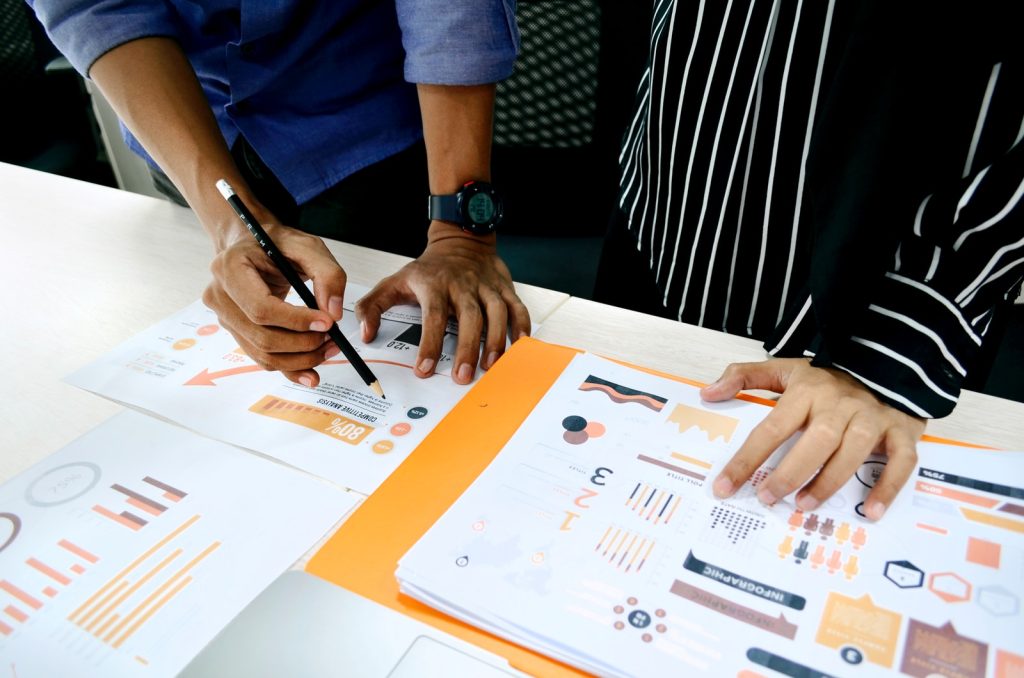Organizational unit: Centre for Transferable Skills
Course type: Online semester-based course
In 2018, the European Commission-funded project Facilitating Open Science Training for European Research (FOSTER) launched an online training toolkit with 10 modules covering key topics of Open Science theory and practice. Ranging from introductory to advanced levels, the modules introduce OS and components of OS, including practical tips for getting started with OS, and provide information on general and discipline-specific tools and resources.
As research is an essential part of higher education, this toolkit (and its current adaptation) aims to help equip students in higher-ed with the Open Science Skills they need to navigate the waters of the modern research environment of the Digital Age. The content of this online course is distilled into ten core modules:
1. What is Open Science?
2. Best Practice in Open Research
3. Managing and Sharing Research Data
4. Open Source Software and Workflows
5. Data Protection and Ethics
6. Open Licensing
7. Open Access Publishing
8. Sharing Preprints
9. Open Peer Review
10. Open Science and Innovation
Each module comprises a wide range of resources, including videos, research articles, dummy datasets, and quizzes.
Audience
This crossdisciplinary course is aimed at those students who would like to advance their skills on the topic of Open Science, Open Access Publishing, Responsible Research and Innovation in the Digital Age. (ILIAS log in is required.)
Course commitment
Course work & interactions are 100% online.
Suggested 2 h per week, each module takes about 1-2 hours to work through; there is no specified order through the modules – explore topics that you want to learn more about at your own pace.
24/7 access to course material from 25.4.2022 until 25.7.2022
Lead Instructor
Alina Timofte, Centre for Transferable Skills. If you have any questions about this e-learning course, please write me an e-mail at alina.timofte@uni-konstanz.de
Form of examination:To pass this course, and gain 3 ECTS, accordingly, you are expected to:
complete all 10 e-modules, pass the final quiz, submit a short essay, participate in the Online Discussion Forum
Course coordinators: Alina Timofte
Duration:25.04 – 25.07 2022

